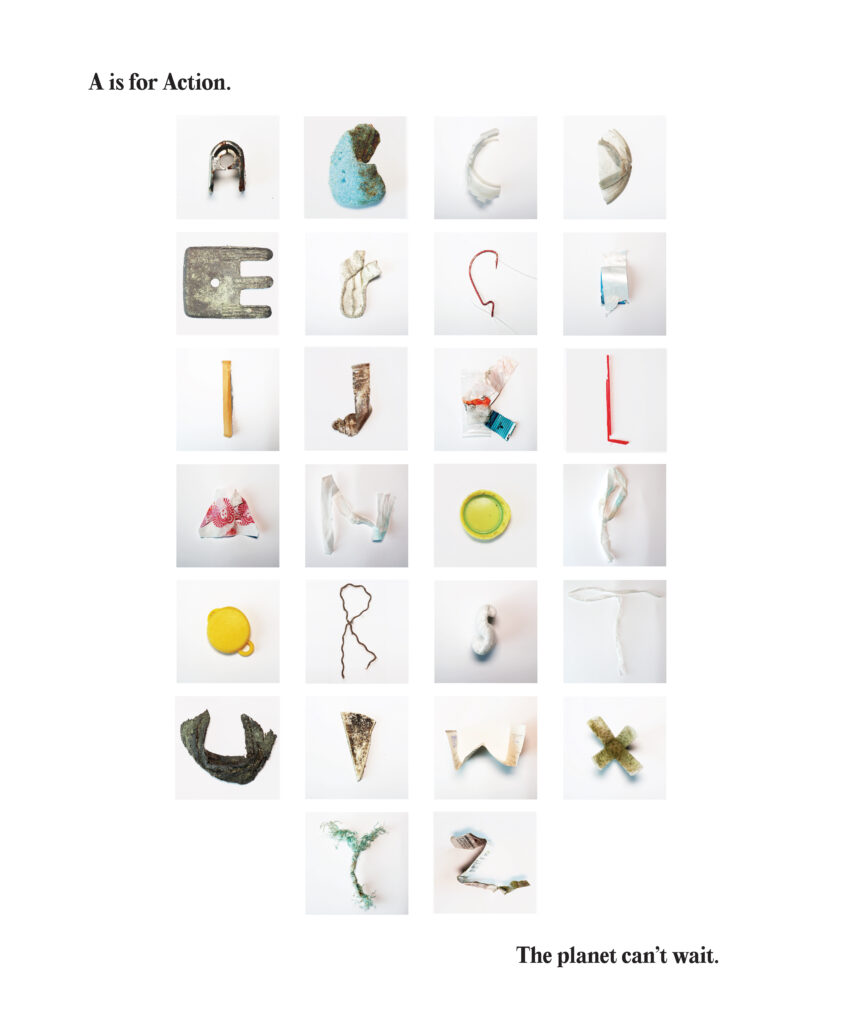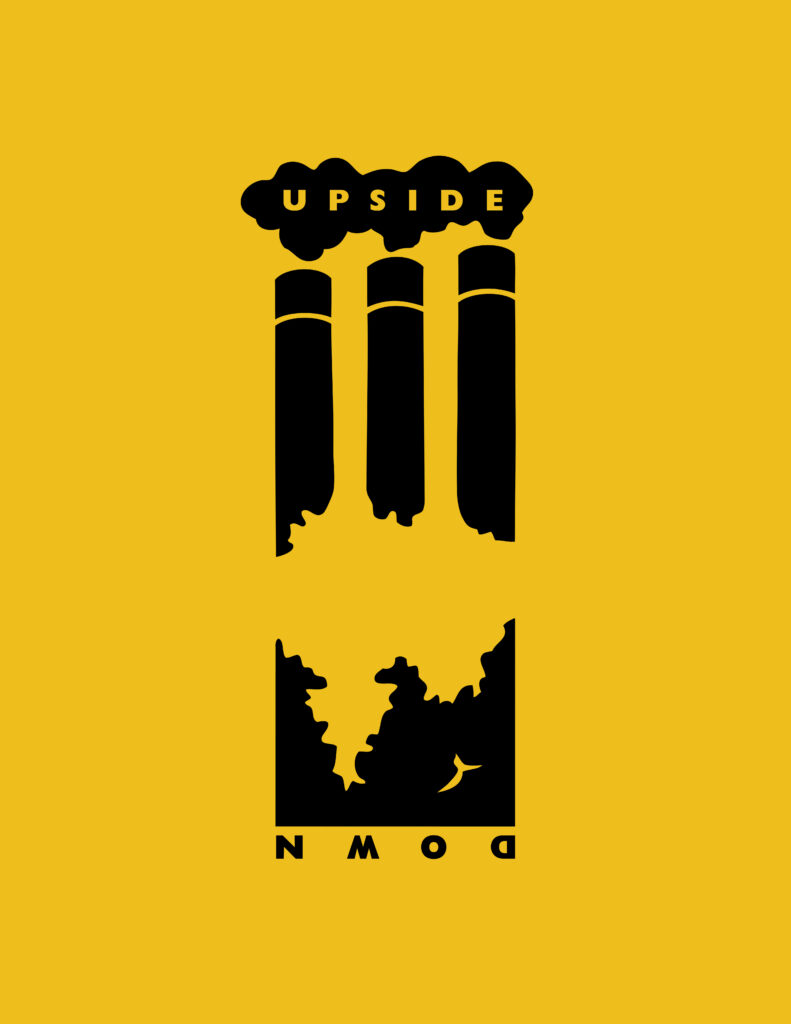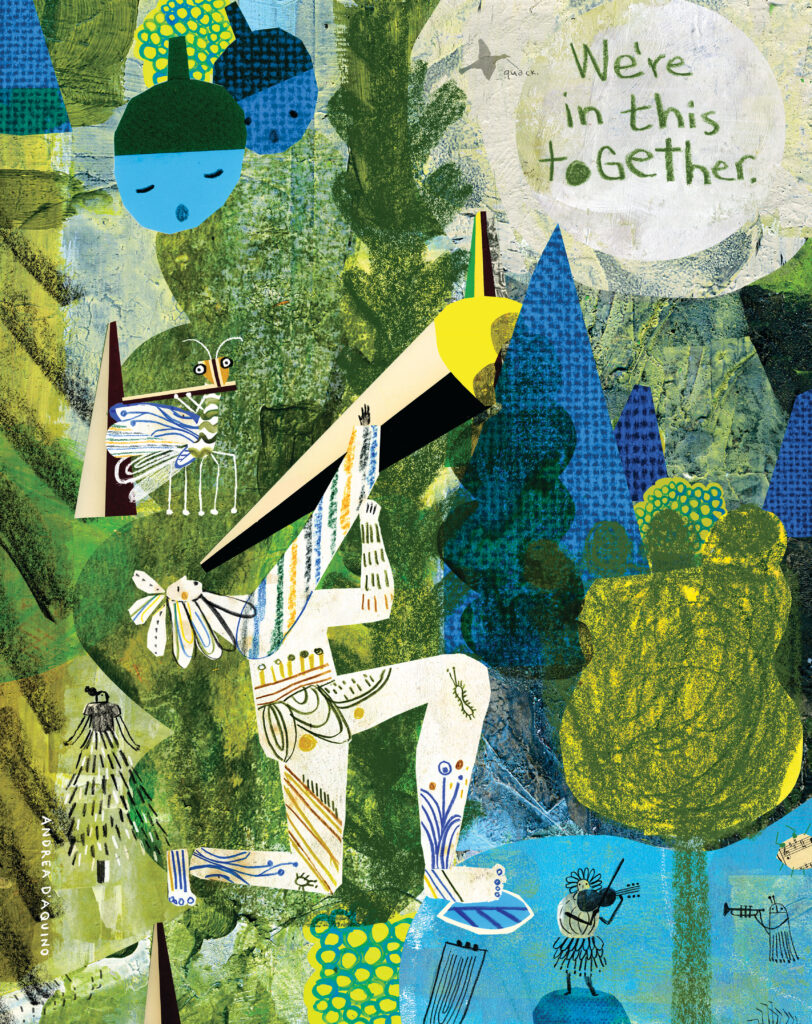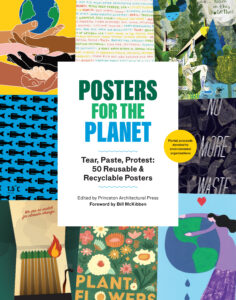Environmentalists, traditionally, have done a pretty good job of appealing to whichever hemisphere of the human brain enjoys bar graphs and pie charts. And this is important—you have to win the argument. But when it comes to climate change the argument was won thirty years ago: that’s when science reached a strong and workable consensus on the crisis we face and the ways out.
Having won the argument, however, we’ve failed so far to win the fight, and that’s because it’s fought on different grounds—on the ground of money, power, and vested interest, and also on the ground of hope and fear. There is, after all, another side of our brain, one that reacts far more viscerally to the dilemmas we face.
I can say—having helped organize some of the biggest climate demonstrations in world history, and having gone to jail and sent others there, and having campaigned on every continent and in most nations—that art is at this point as necessary as science in the battle for the future. The poster is likely to be the place where art meets organizing, where it lends its hand most powerfully.
Art is at this point as necessary as science in the battle for the future.I remember arriving at the great campground at Standing Rock that marked the site of one of the most important battles of the last decade, over the Dakota Access Pipeline. Tents and teepees stretched in every direction, but one of the central ones was given over to the equipment for silk screening. The remarkable art that emerged from that canvas-sided structure (“Water is Life”) helped power the fight. Almost by definition, posters are art in service to movement, art whose meaning is intimately connected with the thousands or millions of people willing to stand behind it.
If we manage to make real progress in the climate fight it will be because clever engineers figured out how to produce better, cheaper solar panels. But it will also be because gifted artists, like the ones represented here, poured their skill and passion into art that truly moved the needle.
(Middlebury College, Spring 2022)
 IT’S GETTING HOT, Digital, Valeria Andreolli Brentonico, Italy valeriaandreolli.wordpress.com
IT’S GETTING HOT, Digital, Valeria Andreolli Brentonico, Italy valeriaandreolli.wordpress.com
 HABITAT, Digital, Jonathan Cumberland, Northport, AL, USA, jonathancumberland.com
HABITAT, Digital, Jonathan Cumberland, Northport, AL, USA, jonathancumberland.com
 A IS FOR ACTION, Digital photographs of found pieces of garbage, Madeleine Page, Baltimore, MD, USA, www.mpagedesign.com
A IS FOR ACTION, Digital photographs of found pieces of garbage, Madeleine Page, Baltimore, MD, USA, www.mpagedesign.com
 UPSIDE DOWN, Digital, Kelly Holohan, Elkins Park, PA, USA, holohandesign.com
UPSIDE DOWN, Digital, Kelly Holohan, Elkins Park, PA, USA, holohandesign.com
 WE’RE IN THIS TOGETHER,Collage of hand-painted papers, colored pencil, oil pastel, Andrea D’Aquino, New York, NY, USA, www.andreadaquino.com
WE’RE IN THIS TOGETHER,Collage of hand-painted papers, colored pencil, oil pastel, Andrea D’Aquino, New York, NY, USA, www.andreadaquino.com
___________________________________

From Posters for the Planet: Tear, Paste, Protest, published by Princeton Architectural Press. Reprinted with permission of the publisher.



